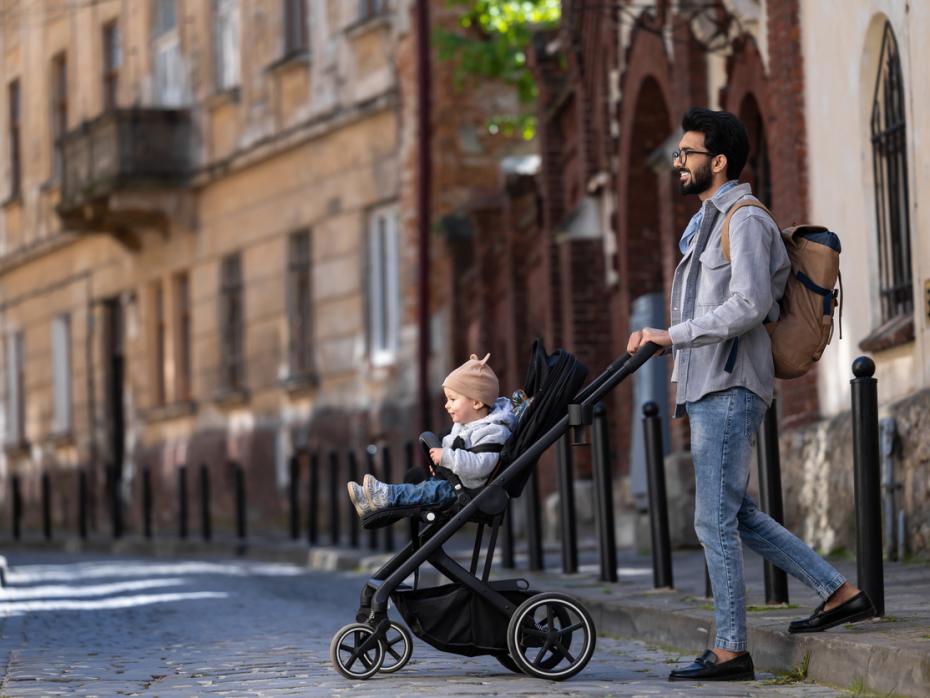
More needs to be done to normalise and support students with caring responsibilities in HE
Students with caring responsibilities are often overlooked in higher education despite the increasing population of mature students in the UK. There are about 5.7 million unpaid carers, according to the 2021 census that collated data from the Office for National Statistics England, Wales and Scotland, although Carers UK estimates this figure is double. Student carers reflect one component of this subgroup, with expectant student parents and student parents also comprising students with caring responsibilities, which was part of a study conducted by researchers based at the University of Edinburgh.
We engaged with students to gain insight into their lived experiences to uncover the challenges that diverse (past and current) students with caring responsibilities face throughout their higher education journey. The experiences and key concerns were varied for different cohorts of students with caring responsibilities.
Student parents and expectant parents
There’s an urgent need to change the narratives about student parents across higher education. Students we spoke to stated that being a parent was considered part of post-university career planning and professional development activities and that having children while studying was seen as taboo. Unsurprisingly, there is a fear around breaking pregnancy news to other students and student parents feel they must keep their children a secret to normalise their university experience. Finally, fathers, who are less likely to be seen as student parents, desire acknowledgement of their dual role as both parent and student.
Student carers
Both student carers and parents called for empathy and compassion from university lecturers and tutors. This highlights the importance of increasing awareness of what it means to be a student carer to tutors and staff and explaining the support services available.
- Supporting parent academics through staff networks
- From prams to postgraduate degrees: how universities can support student parents
- How to manage parental leave for university staff
What more can we do?
Listening to the voices of students with caring responsibilities helps us to answer the question: “Are we doing enough?”
Within the School of Health in Social Science at the University of Edinburgh, in addition to facilitating networking and impact events, we also worked together with students to create two awareness videos to establish peer-support relationships and support networks based on the shared experience of students with a diverse range of caring responsibilities. Students representing each category stepped forward to lead and engage with their peers. Subsequently, we developed the buddy scheme, which involves pairing students from similar programmes of study. Meanwhile, the student ambassador scheme identifies someone (with lived experience) who undertakes the role of advocate for students according to their cohort group. This acts as a continuous and supportive pathway for students within each of the caring cohort groups.
Gaps identified
Data shows we need to do more. In 2021-22, there were 679,970 international students enrolled in UK higher education institutions, 120,140 of them EU and 559,825 of them non-EU students, according to Universities UK. It is important to note that international students represent a larger subset of students. However, higher education institutions do not routinely collect data to have a clearer understanding of numbers that are representative of students with caring responsibilities across local, regional and international students. This needs to be addressed to support the increasing diversity and widening participation initiatives, ensuring resources provide tailored approaches.
Given their immense personal responsibilities alongside their studies, universities must recognise, promote initiatives and support students with caring responsibilities and prioritise their overall well-being. This would motivate expectant parents, parents and carers to pursue their educational goals.
Key collaborations to support students with caring responsibilities
Rich discussions we had with our study participants highlighted the need for collaborative approaches including public sector support and the UK government, especially the Home Office, whose current rules could deter bright and talented international students with caregiving responsibilities from pursuing studies at UK institutions.
We offer four recommendations:
- Consideration of student carers’ and parents’ unique needs, such as flexibility in teaching and assignment submissions and provision of spaces for babies and children across universities
- Alternative approaches to support such as conference and online learning throughout the different stages of students’ journeys
- Highlighting the challenges and strengths these students face via student and staff forums and during classroom activities and aligning with ongoing equality, diversity and inclusion higher education and local government initiatives
- Offering specific and tailored events and “safe spaces” facilitated by your institution and external organisations, such as seminars for student carers, local support groups, impact events and cohort activities.
Michelle King-Okoye is a lecturer at the School of Health in Social Science (HISS), and co-director at the Centre for Research on Families and Relationships at the University of Edinburgh; Aigli Raouna is a former clinical psychology PhD student at the School of Health in Social Science (HiSS); Joanna Alexjuk is a lecturer in counselling, psychotherapy and applied social science (CPASS), within the School of Health in Social Science (HiSS) at the University of Edinburgh.
If you would like advice and insight from academics and university staff delivered direct to your inbox each week, sign up for the Campus newsletter.




